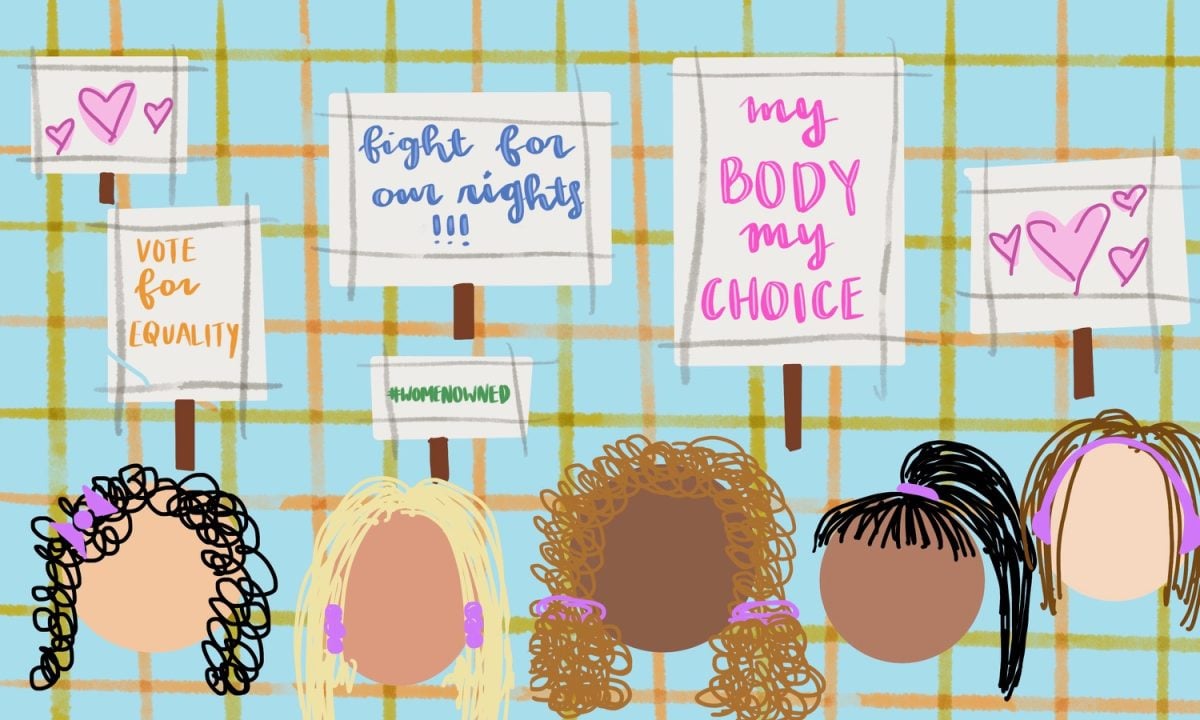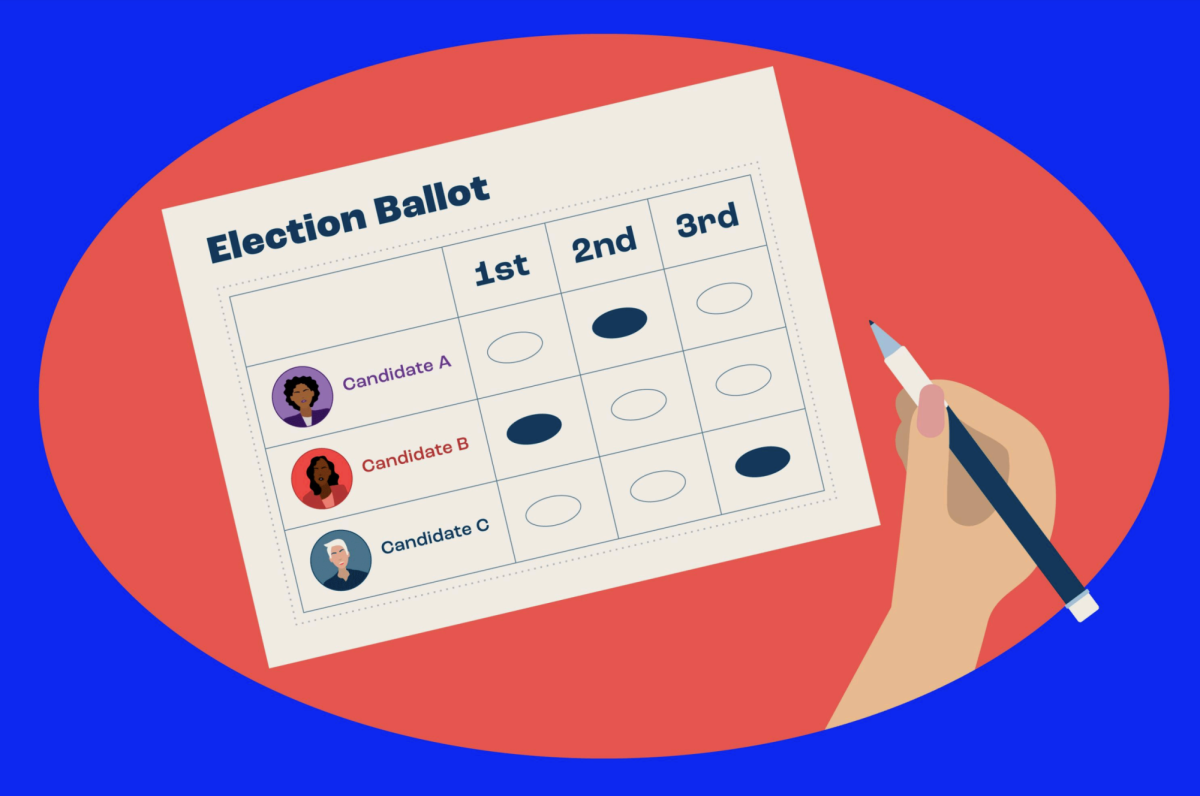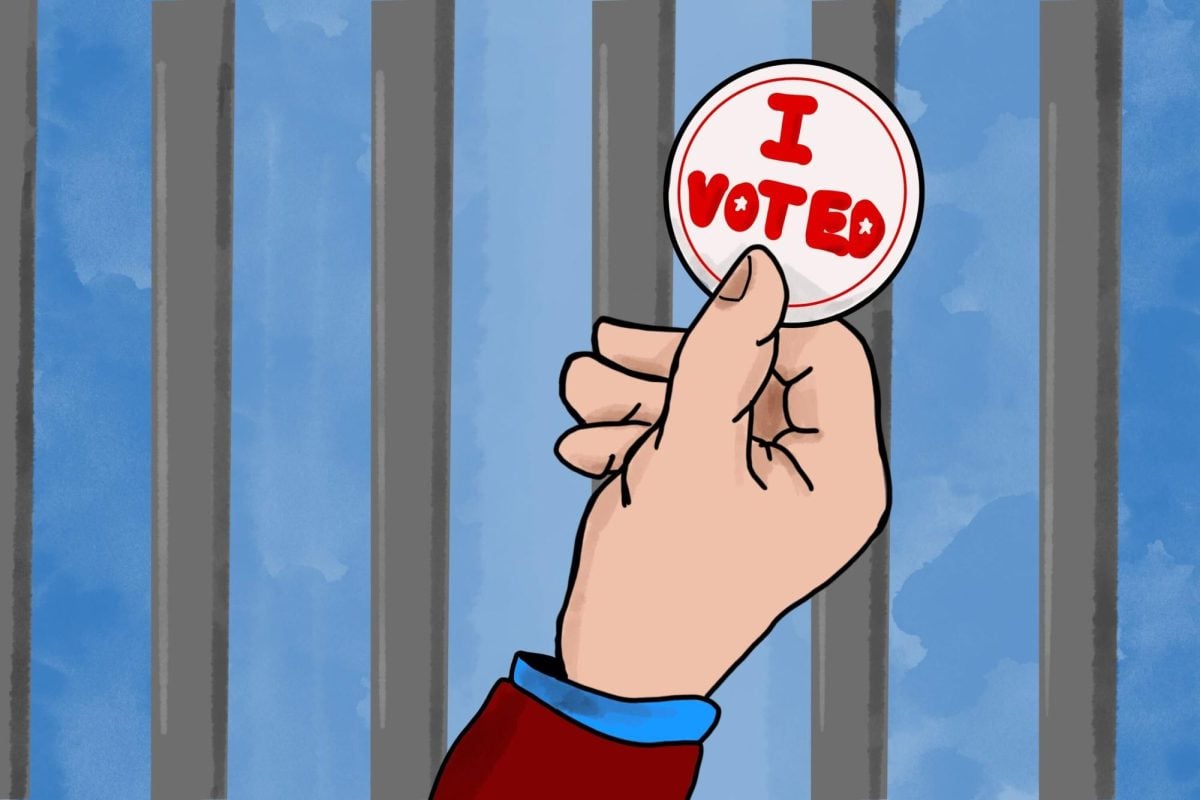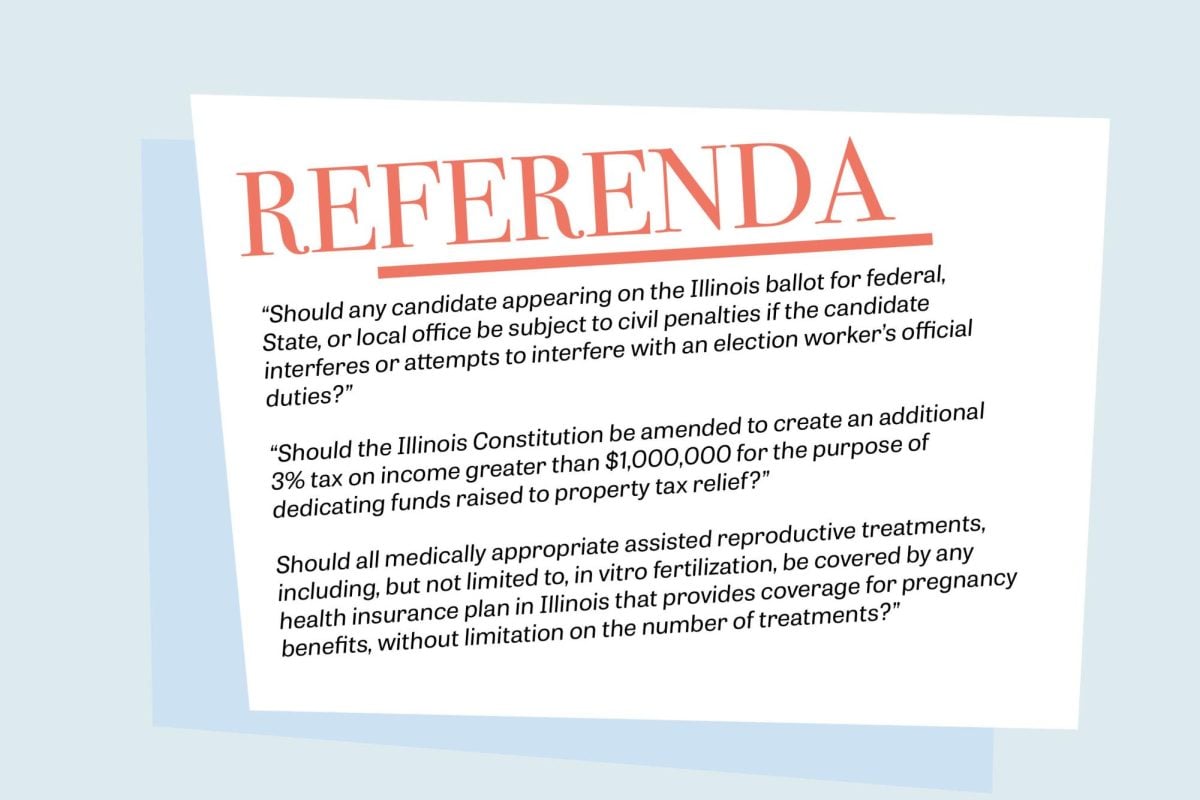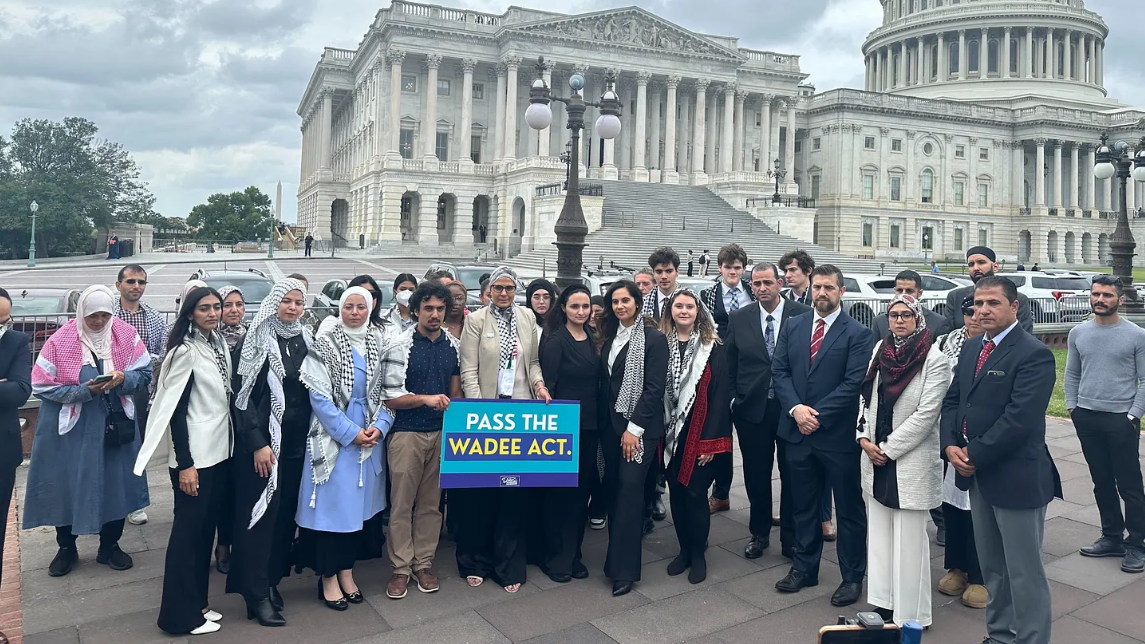A white Chicago Public Schools teacher suspended after using the N-word in his sixth-grade classroom has generated discussion about maintaining cultural sensitivity in schools.
Lincoln Brown, a 48-year-old teacher at Murray Language Academy, 5335 South Kenwood, , received a five-day suspension after principal Greg Mason walked into Brown’s classroom and found him saying the N-word in class.
Brown said he used the word last October after he confiscated a note that was being passed around his classroom. Inside the note, he found a rap in which one student was calling another by the N-word. He decided to use this note to talk about the history of the N-word and the hatred it symbolizes. By learning about the word, he added, his students might hesitate before using it again.
“I think it’s necessary for children to understand what the word means in its historical context,” Brown told The Daily. “It’s not to be used in any way that would be representation towards them, but as a word in our history that we can’t ignore.”
About two weeks after Mason saw his lesson, Brown received notice that he would be suspended.
Brown was given a five-day suspension. His appeal to CPS was denied, so Brown decided to sue Mason, CPS CEO Jean-Claude Brizard and the Board of Education, according to the Chicago Sun-Times.
For Northwestern’s African American studies Prof. Mary Pattillo, using the N-word within the classroom can be acceptable depending on the circumstances.
“With sufficient and sensitive scholarly contextualization and presentation, I think it is acceptable to use and say the N-word in a classroom setting for education purposes,” Pattillo wrote in an email to The Daily.
History Prof. Michael Allen, however, said the only necessary and acceptable time to use the N-word in his class is when he is quoting historical sources. He said instead of saying the N-word himself to express his own opinions on the word, he uses the historical sources so students can develop their own opinions without his input.
Teaching Tolerance, a project of the Southern Poverty Law Center, aims to provide teachers with resources to create classrooms that embrace diversity, culture and equality. Project director Maureen Costello said she does not think Brown did anything wrong or offensive as an instructor if his side of the story is true.
If Brown loses his case and teachers continue to be intimidated into not talking about race inside the classroom, there could be negative consequences for students who have been the victims of racism and those who have been more privileged, Costello warned.
“To be neutral and pretend that race does not exist or has no importance in the lived experience of children is just going to be perceived as a lie or as a form of oppression,” Costello said. “I think it doesn’t equip kids to be able to have the kind of conversations they need to have to live in a diverse society.”






